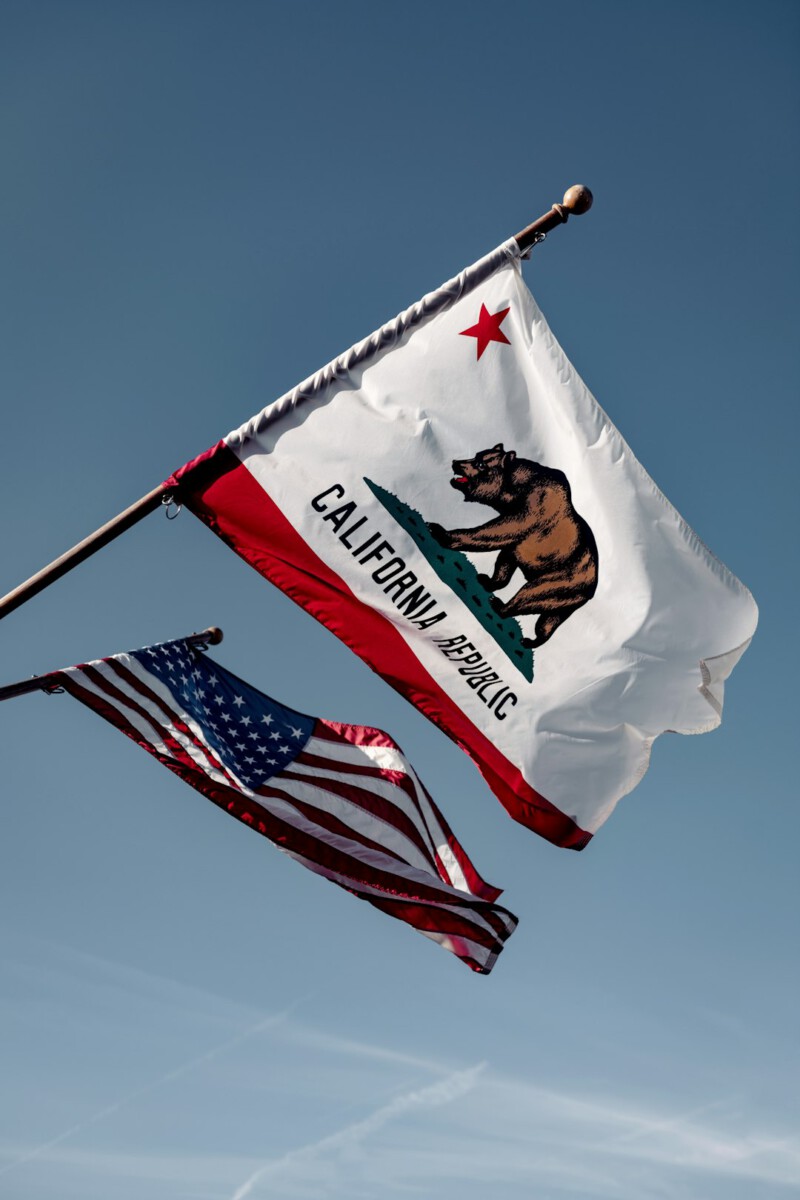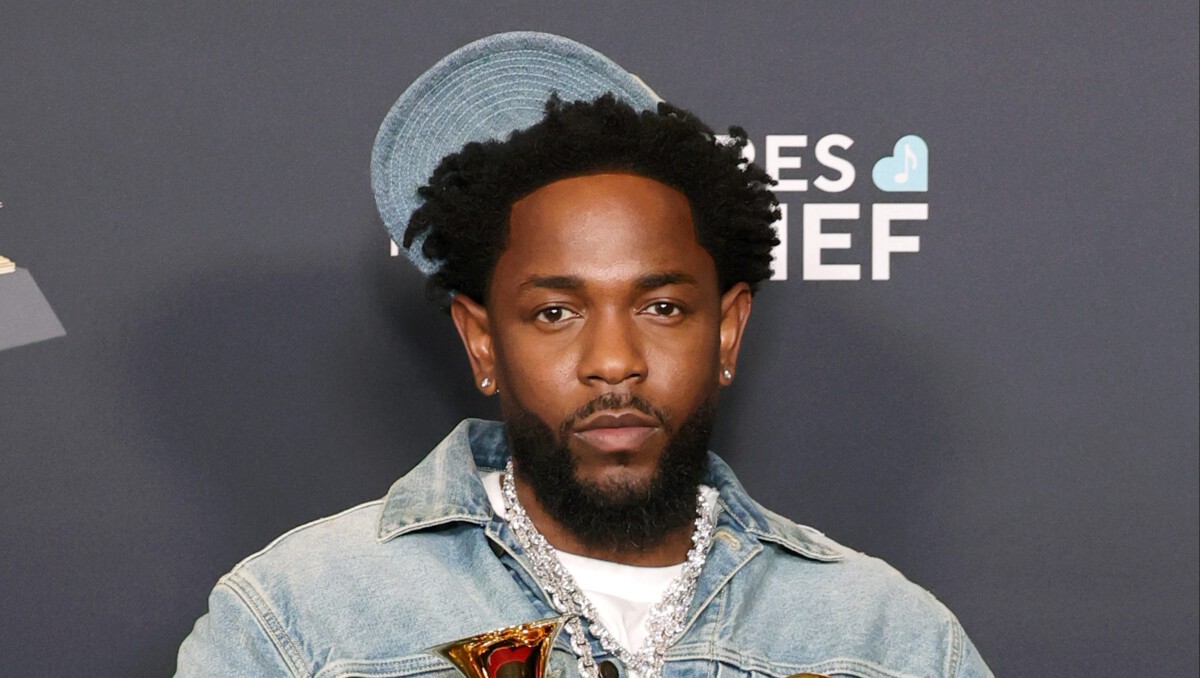The Spark That Ignited the Debate (Image Credits: Unsplash)
Stockton, California – Tension hung thick in the air like smoke from a distant blaze as four candidates vying for the state’s top job faced off on some of its most pressing threats.
The Spark That Ignited the Debate
Picture this: California’s wildfires aren’t just burning forests anymore; they’re torching political divides too. At the California Economic Summit, the conversation quickly veered from jobs to the raging infernos threatening communities statewide. What started as a talk on economic recovery turned into a showdown over whether climate change is the real culprit behind these disasters.
Riverside County Sheriff Chad Bianco, the lone Republican in the mix, didn’t hold back. He argued that poor forest management and bureaucratic red tape bear more blame than any shifting weather patterns. His stance drew sharp pushback from the Democratic contenders, who see unchecked emissions as the root of escalating fire seasons.
This wasn’t just rhetoric. With the 2026 election looming and Governor Gavin Newsom terming out, every word carried weight for voters scarred by recent blazes.
Bianco’s Bold Stand Against the Climate Consensus
Chad Bianco stepped up first, challenging the dominant narrative head-on. He pointed to overgrown lands and delayed clearances as the true fire starters, not some abstract global warming plot. For him, it’s about practical fixes like more logging and fewer regulations strangling firefighters.
The crowd in Stockton’s Adventist Health Arena murmured as he spoke. Bianco’s law enforcement background lent his words a gritty edge, appealing to those frustrated with Sacramento’s green policies. Yet, his dismissal of climate science left some shaking their heads, especially amid record-hot summers fueling mega-fires.
Still, Bianco’s message resonates in rural areas hit hardest by flames. He promised streamlined emergency responses if elected, framing it as common-sense leadership over ideology.
Democrats Push Back with Science and Urgency
Antonio Villaraigosa, the former Los Angeles mayor, couldn’t let that slide. He countered with data on rising temperatures and drier conditions, straight from state reports. For Villaraigosa, ignoring climate change means repeating past mistakes, like the deadly 2018 Camp Fire.
Tony Thurmond, state schools superintendent, echoed the call for bold action. He highlighted how wildfires disrupt education and health in vulnerable communities, tying it to broader equity issues. Betty Yee, the former controller, added her fiscal lens, warning that denial could bankrupt the state through endless disaster aid.
Together, they painted a picture of a California at a crossroads. Their plans? Ramp up renewable energy, protect water sources, and invest in resilient infrastructure to outpace the flames.
Economy Meets Ecology: The Bigger Picture
The forum wasn’t all fire and fury; it looped back to the economy driving the summit. Candidates agreed on one thing: Wildfires cost billions in damages and lost productivity. Bianco stressed job creation through resource industries, while the others leaned toward green tech booms.
Here’s where perspectives clashed again. Democrats envisioned solar farms and EV hubs creating future-proof jobs. Bianco, however, worried such shifts could sideline traditional sectors like agriculture and timber.
With a projected budget deficit looming, the debate underscored how environmental policy shapes wallets. Voters will decide if progress means embracing change or doubling down on the old guard.
Key Plans on the Table
Each candidate laid out specific steps to tackle the crisis. To break it down:
- Bianco: Expand controlled burns and cut permitting delays for land management, aiming to prevent fires before they start.
- Villaraigosa: Boost funding for urban tree cover and early warning systems, drawing from his LA experience with heat waves.
- Thurmond: Integrate climate education in schools and support community-led resilience programs for at-risk areas.
- Yee: Reform insurance markets to keep coverage affordable post-fire, while auditing state spending on prevention.
These ideas show a spectrum of approaches, from defensive to proactive. None are silver bullets, but they highlight the stakes for a state that’s seen over 370 wildfires in a single season before.
What Voters Are Watching For
Beyond the podium, real lives hang in the balance. Families in fire-prone zones like the Sierra foothills want leaders who can deliver, not just debate. Polls suggest climate ranks high among independents, potentially swaying the race.
The Stockton event, hosted by California Forward and the Stewardship Network, drew business leaders hungry for stability. As flames from past seasons still smolder in memory, candidates’ credibility on this issue could make or break campaigns.
Looking ahead, more forums loom. Will Bianco’s skepticism gain traction, or will the Democratic chorus on climate drown it out?
Key Takeaways
- Climate change remains a flashpoint, with Republicans questioning its direct wildfire link and Democrats demanding action.
- Practical solutions like better forest management unite the field, despite ideological rifts.
- The 2026 race could hinge on how candidates balance economy and environment for fire-weary Californians.
In the end, California’s future burns brighter with leaders who bridge these divides rather than fan them. What approach do you think will win over voters? Share your thoughts in the comments.







